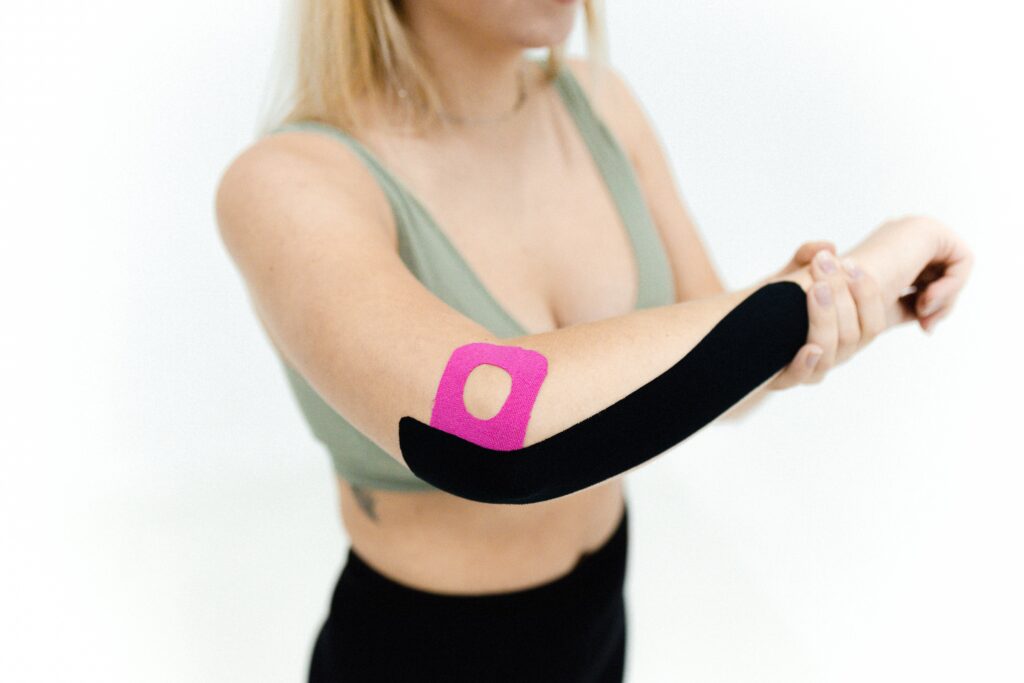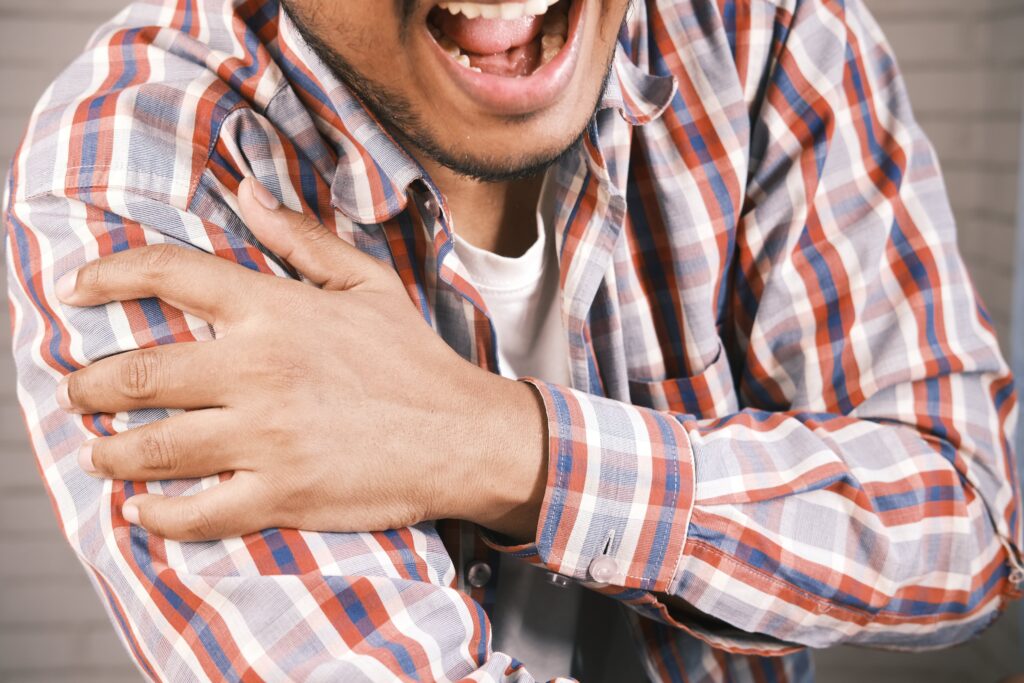Car accidents can be traumatic, resulting in a wide range of car accident injuries, including upper arm pain.
While it may be tempting to dismiss such discomfort as a minor inconvenience, upper arm pain after a car accident can signal underlying issues that should not be overlooked.
This article will explore common causes, symptoms, and treatment options for upper arm pain after a car accident. It will also discuss how a personal injury attorney can assist in securing compensation for your car accident injuries.
Common Causes of Upper Arm Pain
Here are some of the most common causes of upper arm pain:
Forearm Injuries
- Fractures: The force of a car accident can lead to arm fractures – or breaks in the bones of the forearm, such as the radius and ulna. These fractures can cause severe pain, swelling, and limited mobility in the upper arm.
- Contusions and Bruises: Impact with the steering wheel, dashboard, or other objects within the car can result in contusions or bruises to the forearm, leading to localized pain and discoloration.
- Soft Tissue Injuries: Trauma from a car accident can cause injuries to the muscles, tendons, and ligaments in the forearm, causing pain, weakness, and restricted movement.
Elbow Injuries

- Dislocation: The sheer force of an accident can dislocate the elbow joint, leading to excruciating pain, instability, and limited range of motion.
- Fractures: Car accidents can also result in elbow fractures, which are often accompanied by severe pain, swelling, and difficulty moving the upper arm.
- Strains and Sprains: The ligaments and tendons around the elbow can be strained or sprained during an accident, causing pain, swelling, and reduced flexibility.
Upper Arm Injuries
- Fractures: The humerus, the upper arm bone, can sustain fractures due to the impact of a car accident, leading to intense pain and a visible deformity.
- Nerve Compression: Nerves in the upper arm can be compressed or injured during an accident, causing radiating pain, numbness, and weakness.
- Torn Muscles: High-impact collisions can result in muscle tears in the upper arm, pain, swelling, and reduced strength.
Shoulder Injuries
- Rotator Cuff Injuries: Car accidents can cause damage to the rotator cuff tendons, leading to pain, weakness, and limited range of motion in the shoulder and upper arm.
- Labral Tears: The labrum, a cartilage ring stabilizing the shoulder joint, can be torn in an accident, causing sharp, persistent pain and instability.
- Dislocations: Shoulder dislocations are common after car accidents, causing intense pain and limited mobility in the upper arm and shoulder.
Symptoms of Upper Arm Pain After a Car Accident

The symptoms of upper arm pain following a car accident can vary depending on the specific injury, but some common signs include:
- Pain: Persistent and often severe pain in the upper arm, which may be localized or radiate down to the forearm or elbow.
- Swelling: Swelling and inflammation around the injured area may lead to discomfort and reduced mobility.
- Limited Range of Motion: Difficulty moving the upper arm, forearm, elbow, or shoulder joint due to pain or structural damage.
- Numbness and Tingling: Nerve compression or injury can result in sensations of numbness, tingling, or weakness in the arm.
- Bruising: Visible bruising or discoloration around the injured area, indicating damage to blood vessels and soft tissues.
- Instability: The feeling of joint instability or dislocation, particularly in elbow or shoulder injuries.
Treatment for Upper Arm Pain After a Car Accident
Receiving prompt and appropriate medical treatment is crucial when experiencing upper arm pain after a car accident.
Here are some common treatment options:
- Medical Evaluation: Seek immediate medical attention for a thorough evaluation and diagnosis of your upper arm injury. Doctors may perform X-rays, CT scans, or MRIs to assess the extent of the damage.
- Pain Management: Pain relief is often the priority, and doctors may prescribe pain medications, apply ice packs, or use immobilization techniques to reduce discomfort.
- Immobilization: For fractures and dislocations, immobilization through splints, casts, or braces may be necessary to stabilize the injured area and promote healing.
- Physical Therapy: Rehabilitation exercises can help improve the range of motion, strength, and functionality of the upper arm and shoulder after an accident.
- Surgery: In severe cases, surgical intervention may be required to repair fractures, torn ligaments, or other structural damage.
- Rest and Recovery: Adequate rest and following the doctor’s recommended treatment plan are essential for a full recovery.
How a Personal Injury Law Firm Can Help
Consulting with a Pennsylvania personal injury attorney is advisable if you’ve experienced upper arm pain following a car accident.
An experienced attorney can:
- Ensure Proper Documentation: Your attorney can help gather and preserve medical records, accident reports, and other evidence to strengthen your case.
- Negotiate with Insurance Companies: Attorneys can handle negotiations with insurance companies to secure fair compensation for your medical expenses, pain and suffering, and lost wages.
- Offer Legal Representation: If a settlement cannot be reached, an attorney can provide legal representation to pursue a lawsuit against the responsible party.
At the Thistle Law Firm, our team is well suited to evaluate the circumstances surrounding your upper arm injury and determine if acts of negligence were a contributing factor.
If you are considering filing a claim against a company, facility, or individual for negligence that has led to an upper arm injury, contact The Thistle Law Firm now at 215-525-6824 or by filling out our contact form.

